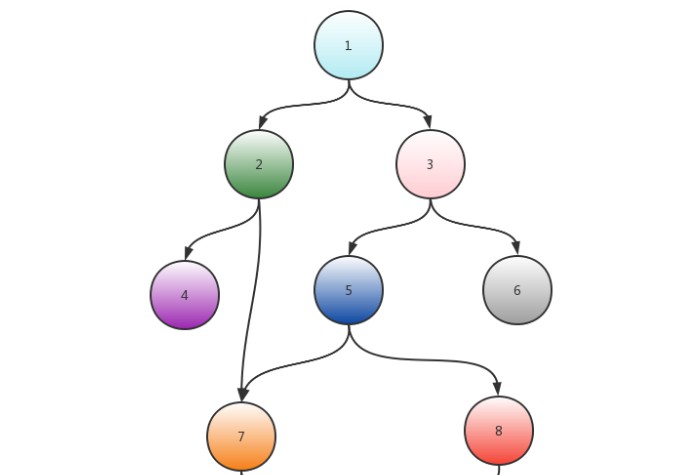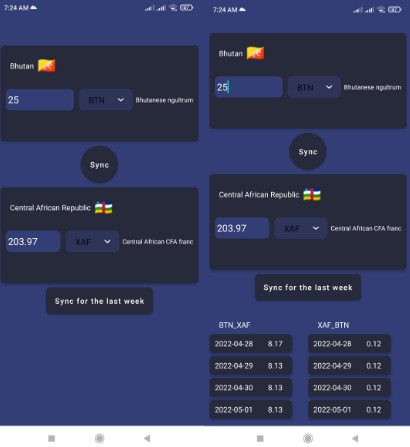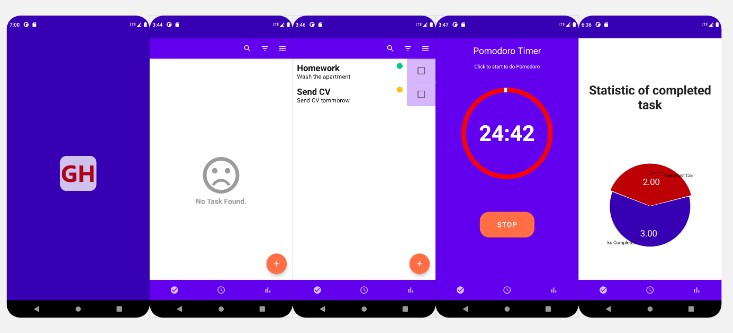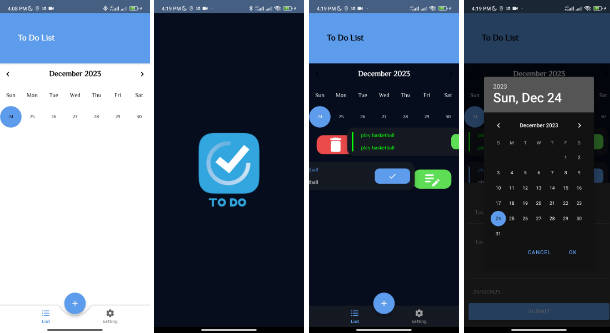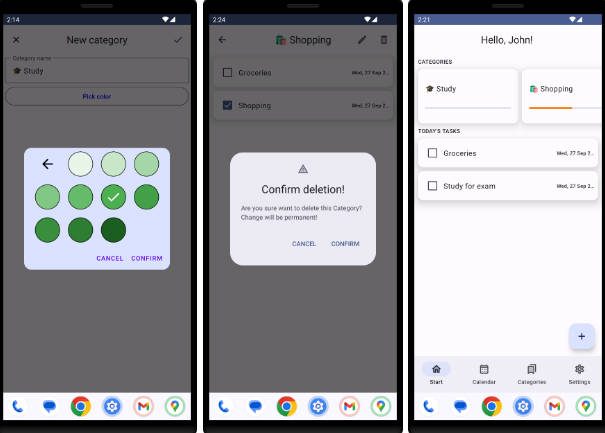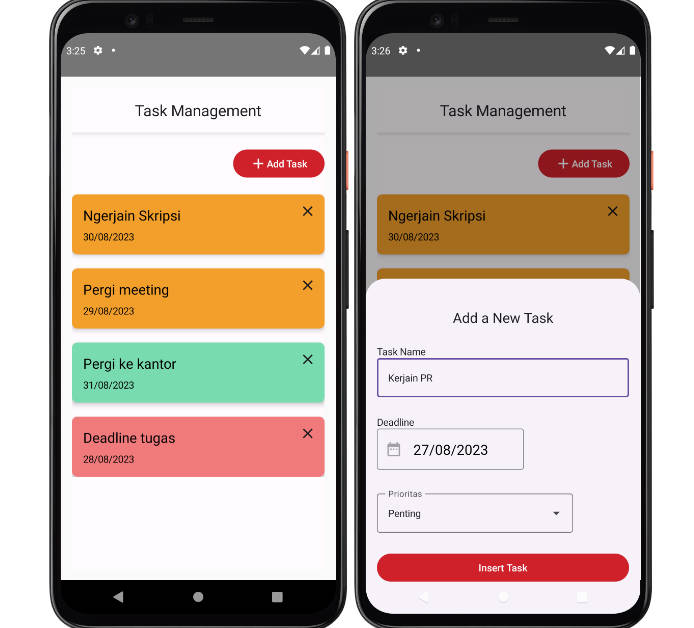DependencyTask
This lib is the framework for dependency tasks, specially for the asynchronous tasks.
Backgroud
Image that there is a progress with some steps, and the order of the dependencies for those steps maybe not fixed. Most ofter ,like in the android app, we need to do some initilaize progress, such as require permissions , check the account or do some asynchronous progress before letting the user to use the app, and there may be some dependency between the steps, for some requirements , the order of the dependencies may be changed, this lib is just for that scenario.
Installation
For gradle
Add it in your root build.gradle at the end of repositories:
allprojects {
repositories {
...
maven { url 'https://jitpack.io' }
}
}
Add the dependency:
dependencies {
implementation 'com.github.Arrowyi:DependencyTask:TheVersion'
}
For maven
Add the JitPack repository to your build file
<repositories>
<repository>
<id>jitpack.io</id>
<url>https://jitpack.io</url>
</repository>
</repositories>
Add the dependency
<dependency>
<groupId>com.github.Arrowyi</groupId>
<artifactId>DependencyTask</artifactId>
<version>TheVersion</version>
</dependency>
How to use
Step 1 : inherite from the Task class
- First, you need to divide your progress into serval tasks
- each task need to inherite from the Task class
- call addDependency function with the task instance to build the releationship of the tasks
- implement the action suspend function for your job
- if the task done its job, call the actionResult function with true(job done successfully) or false(job done failed) to notify the framework the result of the task
Step 2 : start with the TaskProcessor
- create the TaskProcessor class initance with a InitTask (which is your first order task)
- call the start funcation to get a ‘flow’
- call collet function of the flow to get the ProgressStatus class( which is represent for the progress status ) sequentially
Example
import kotlinx.coroutines.delay
import kotlinx.coroutines.runBlocking
class SuspendTask : Task() {
override suspend fun doAction() {
//do suspend job
delay(100)
actionResult(true)
}
}
class BlockTask : Task() {
override suspend fun doAction() {
//some block job
Thread.sleep(100)
actionResult(true)
}
}
class SomeTask(private val name: String) : Task() {
override suspend fun doAction() {
actionResult(true)
}
override fun getTaskDescription(): String {
return name
}
}
fun main() = runBlocking {
val task1 = SuspendTask()
val task2 = BlockTask()
val task3 = SomeTask("task 3")
val task4 = SomeTask("task 4")
task2.addDependency(task1)
task3.addDependency(task1)
task3.addDependency(task2)
task4.addDependency(task3)
TaskProcessor(task1).start().collect() {
when (it) {
is Check -> println("check result is : ${it.result}")
is Progress -> println("task done with ${it.task.getDescription()}")
is Complete -> println("task is complete")
is Failed -> println("task is failed with ${it.failedTask.getDescription()}")
}
}
}
The progress status is :
sealed class ProgressStatus()
//check if there is circular dependency , true is for check ok (no circular dependency), false will end the processor, and the tasks is all
//the tasks this processor will do.
class Check(val result: Boolean, val tasks: List<Task>?) : ProgressStatus()
//called if the task is done
class Progress(val task: Task) : ProgressStatus()
//called if all the tasks is done successfully, and the processor will be ended
class Complete : ProgressStatus()
//called if any of the task failed, and the processor will be ended immediately
class Failed(val failedTask: Task) : ProgressStatus()
Attention
- there should be only one init task node as the root node of the dependence tree
- you must pass the root node to initlaze the TaskProcessor
- if there is a circular dependency, the Check status will pass a result value false.
- you must call actionResult function of the task after your job is done, whatever it is failed or has an exception.
Progress example
- As the above dependency task tree, when you begin to call the function collect of the
Flow, it will pass thecheckstatus with true to indicate that the circular dependency check is OK. - And then ,it will pass the
Progressstatus to indicate which task is done. the TaskProcessor will call task’s action function concurrently if their dependency tasks are done. - As the above tree, the task7’s action function will be called after task2 and task5 are done, and task7 and task8 maybe called concurrently.
- For example, after task2 is done, the onDependencyDone function of task7 will be called, you could override this function to get some info from the dependency task, you must call the super function if you override this function
- And the
Completestatus will be passed if all the tasks are done successfully, meanwhile ‘Failed` status will be passed immediately if there is a failed task. any of those two status will end the Processor. - If the
Checkstatus is with a result false, the Processor will also be ended.
Release Version
The last release version is v1.0.5
